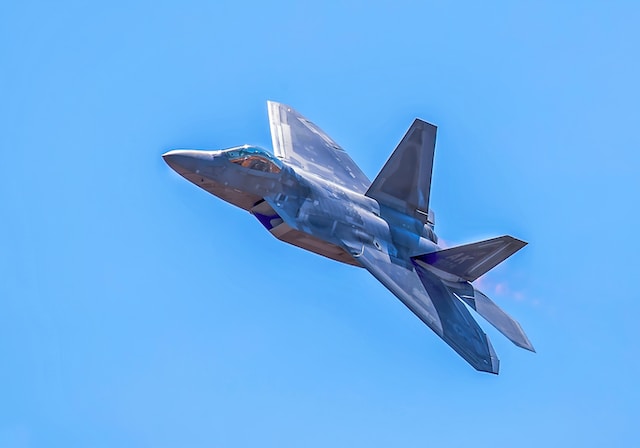How Pulsed Electrochemical Machining Is A Viable Alternative to Conventional Manufacturing Methods

Recent advancements in material science and design engineering have increased the popularity of advanced metal alloys, especially in critical industries such as aerospace and medical device manufacturing.
However, the increased usage of these advanced materials in complex geometries has set new manufacturing challenges as it is often difficult and expensive to machine these parts with smaller features, higher surface quality, and higher part volumes.
To catch up with the advancements of design and material engineers, an American advanced manufacturing company based in North Carolina, Voxel Innovations has been developing a unique material removal technology called pulsed electrochemical machining (PECM).
PECM Solves Challenges for Manufacturers
Pulsed electrochemical machining (PECM) is a non-thermal, non-contact material removal method to produce small features, super finished surfaces, and high repeatability on a wide variety of metallic parts, including many advanced metal alloys. It is an improved iteration of electrochemical machining (ECM) using a pulsed power supply.
To do that, a charged electrolytic fluid runs in the microscopic gap between the tool and the workpiece, creating the electrochemical reaction that ultimately dissolves the workpiece to the desired geometry.
Voxel’s primary focus for PECM has largely been on the aerospace and medical device industries. Aerospace and medical device manufacturers tend to face general obstacles in engineering, including miniaturizing critical parts, machining high-quality surfaces, and producing complex features in high part volumes.
As PECM does not utilize contact or heat to machine materials, PECM can produce features that are otherwise sensitive to stress in the cutting process or high thermal loads without caring for material hardness. As so, this method can be beneficial for manufacturers seeking to miniaturize critical parts within pacemakers or heat exchangers.
Surface quality is a crucial aspect of critical aerospace engineering and the medical device manufacturing industry for many reasons. PECM is not only capable of both machining and producing super-finished surfaces on a variety of parts, but also leaves no machining marks, recast layers, burrs, or any other surface irregularities on a part.
In addition, PECM is also able to produce quality components to accommodate increasing part volumes without sacrificing surface quality, tolerances, or resolution
Benefits for Human Lives
If complex components in critical environments can be machined with improved efficiency and tolerances, a wide variety of industries will benefit. Increasing fuel efficiency for aerospace components has major economic advantages while smaller, stronger medical devices can mitigate risk and prolong human lives.

 Tech Steel & Materials
Tech Steel & Materials
Comments are closed